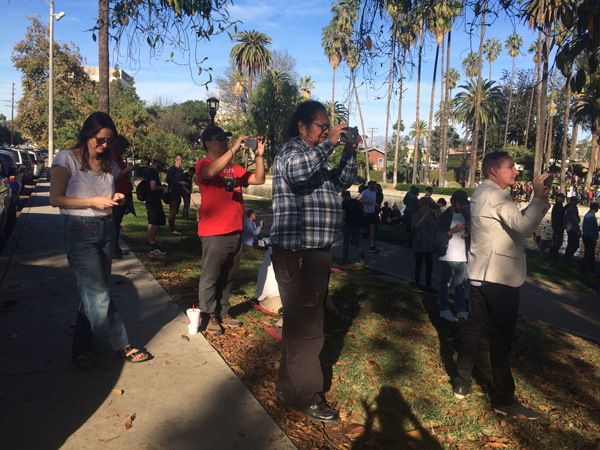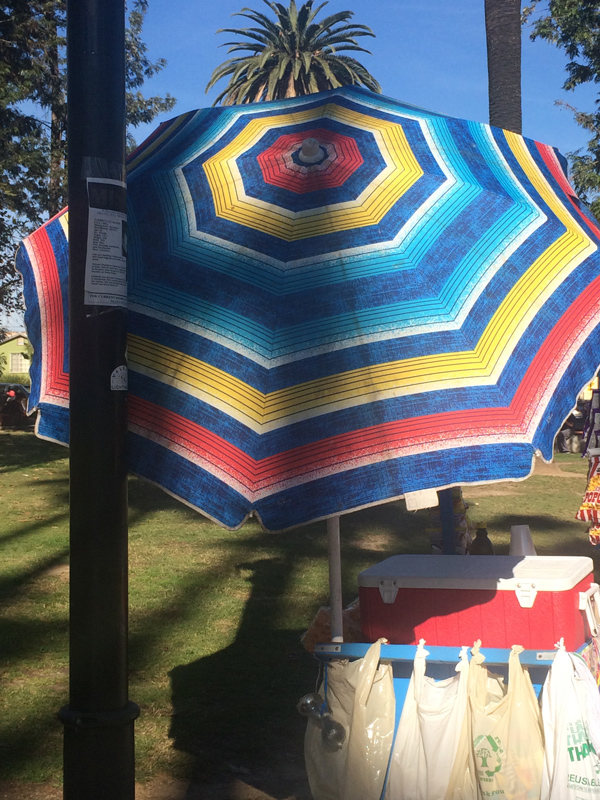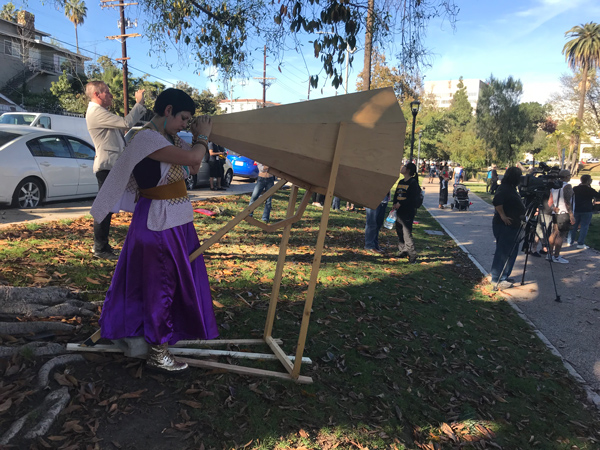In ancient days of strife and warfare, a death squad of bird-women used the strategies of sound and seduction to destroy their enemies. Homer gave the Sirens a starring role in book 12 of The Odyssey, where they attempt to divert Odysseus from his returning home to Ithaca and cleansing his castle of enemies. The Sirens approach Odysseus’s black ship as it sails the western sea, and tempt him with the promise of omniscience: “We know all things that come to pass upon the fruitful earth,” they claim. The only way that Odysseus can fight off their temptation is to tie himself to his ship’s mast so that he doesn’t jump into the deadly waters. And so he passes them by, surviving their threat but also remaining ignorant of all the marvelous things they would teach him.

The Sirens have updated their strategy since the 8th century B.C.E., apparently shifting from vocal homicide to the nonviolent protocols of feminism, Dada, and relational aesthetics. One of their human descendants, the performance artist Carmina Escobar, appeared in Echo Park last Saturday, and mesmerized a crowd of onlookers with a series of esoteric songs. Her strange and perfect messages, titled Fiesta Perpetua!, were accompanied by the 40-member Oaxacan youth brass band Maqueos Music, conducted by Yulissa Maqueos.

Escobar is a sound artist from Mexico, currently based in Los Angeles. In 2014, she executed Massagem Sonora, which involved standing outside of LA’s Korean Bell of Friendship and singing multi-octave scales into the bodies of strangers. Hers was a curiously intimate version of sound-bathing and water-witching: Escobar had to test out various parts of the initiate’s frame—a portion of the chest, an arm, the middle of the back—in order to find the place of resonance. Then she would cup her hands around her mouth and sing a wordless aria into the place where flesh met bone in harmony. That same year, she also appeared on Ear Meal, articulating answerless Gnostic chants while pressing her lips to the stuffed bodies of sparrows.

Fiesta Perpetua!, organized by REDCAT as part of its PST Live Art LA/LA festival (Jan 11–21), constituted a leap forward in terms of physical reach, if not audacity (for her work has been fearless from the start). Escobar was slated to appear at 1 p.m. on the lake, and deliver a “community ritual of manifestation” that followed “a mystical algorithmic schedule.” This expectation created a sort of halo of creativity around the park: Arriving at 1 o’clock sharp, I wandered about the lake looking for manifestations and mysticism—and they abounded: Here were shaved-ice sellers with their polychrome umbrellas, magical-looking joggers, signs made of occult graffiti, and two teenagers fishing in the lake for what they said were “rainbow trout.”

But then I heard a sharp, coyote-like howl, and I knew that the performance had begun.
I ran to the west side of the lake, aiming for a small crowd of Angelenos wearing geometric spectacles and an air of lujo, calma y voluptuosidad. Their allegiance to REDCAT’s programming was also made visible by their wearing of bizarre little buttons that had been supplied by LA/LA organizers: There will be a porcelain bullfight, read one. There will be cutout carpet creeping up the walls, said another.
To everybody’s delight, Escobar suddenly appeared on the lake on a small raft, which was outfitted with three wooden megaphones. She resembled a priestess in her yellow-and-white tabard, long purple skirt, turquoise earrings, pink pashmina, and glitter-gold boots. Half-vanishing inside of one of the bullhorns, she began singing a high-pitched series of notes. Her song bore a delirious, if wilder, resemblance to the enchantment wailed by the evil Siren seen on Charmed in 2002, and also recalled the great diva Leonie Rysanek’s Salome from the 1970s.
But whereas those two monsters had murder in mind, Escobar delivered love-struck revelations that were only barely comprehensible in her yawps and glissandos. Maqueos Music marched over to the opposite side of the lake, blazing their tenor horns and bass trombones. In a series of call-and-responses, the band would swing into parade music, prompting Escobar to hoot out like an owl and cry like a wolf, before melting into a soprano’s coloratura.

Escobar’s election to forego language in favor of unlettered voice allowed her to express some of the secrets that the Sirens offered to Odysseus so many centuries ago. What did she urge us onto? Create community might have been one lesson. Or, Remember that you are alive could have been another. These axioms, however, seem poor and paltry when spelled out, at least in comparison to the extremity of Escobar’s singing. The gulf between words and voice probably signals how difficult it is to impart the true wisdom buried in her music. Likewise, if Odysseus had to take a lesson from the Sirens, he probably wouldn’t have been able to explain their knowledge, which covered “all things that come to pass upon the fruitful earth.” There will be a porcelain bullfight, he might have said to friend at a local bar afterwards. Or maybe he’d mutter something about carpet creeping up the walls.
Fiesta Perpetua! extended similar profound graces, and left me hungry for more unknowing: Escobar’s work is important, beautiful, and untranslatable.


